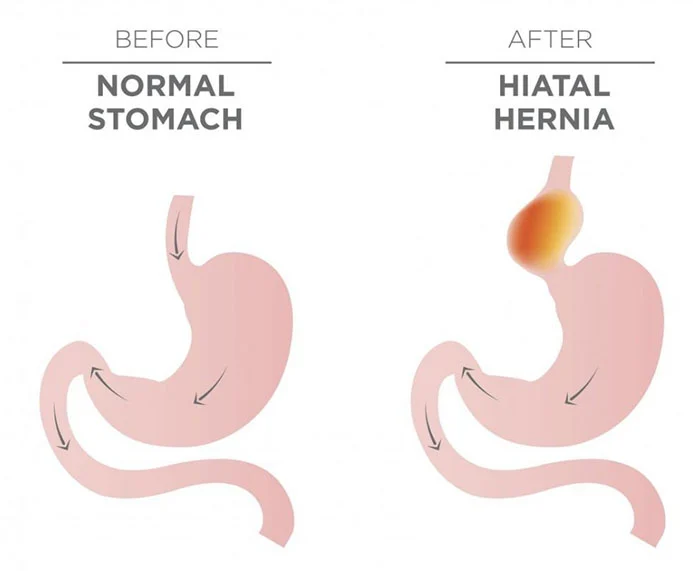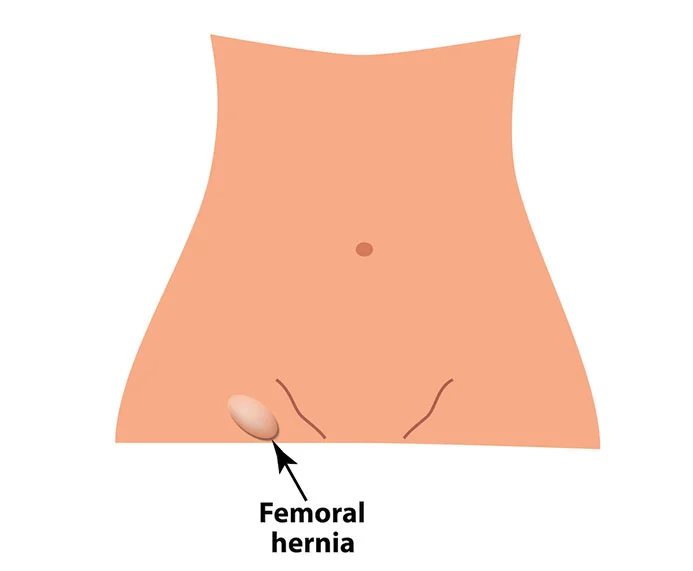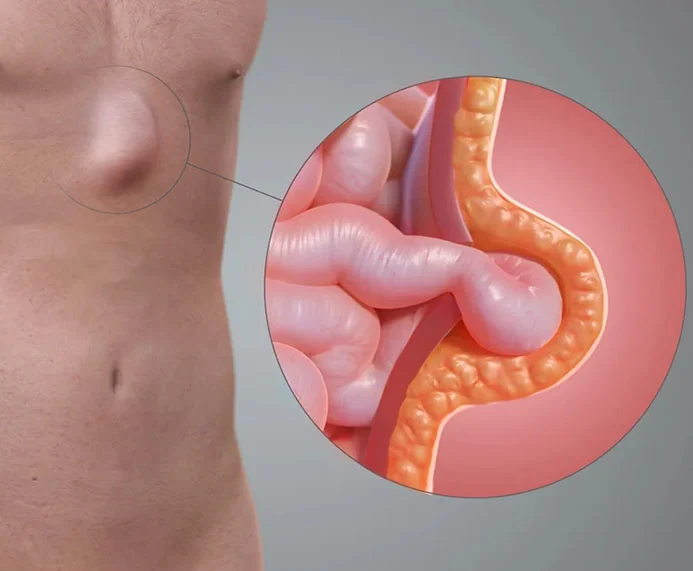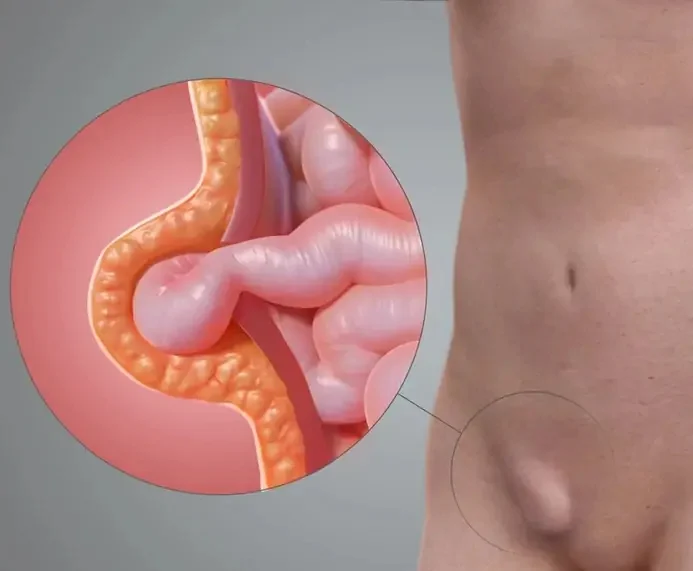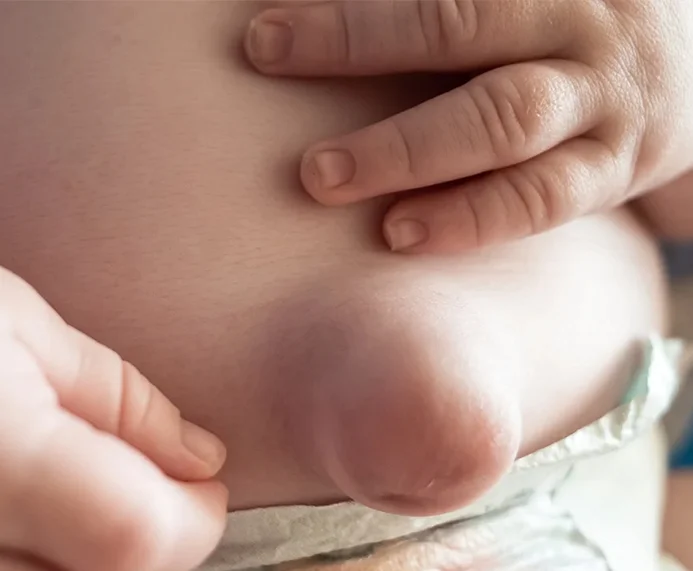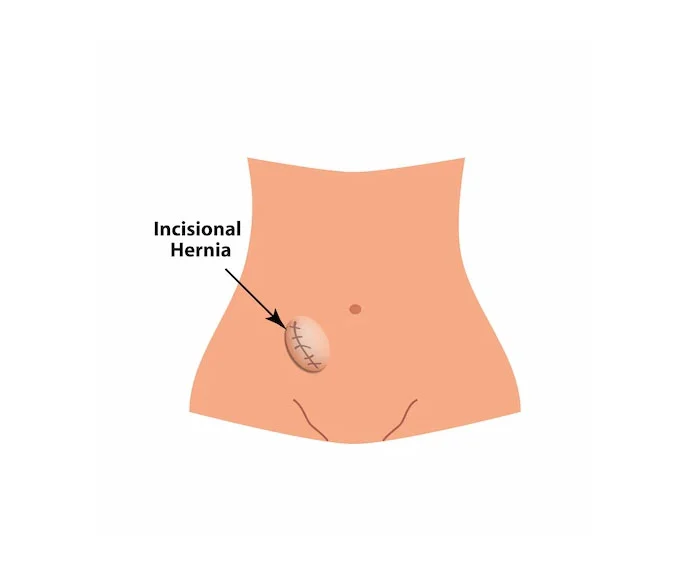Recovery from hernia surgery depends on the type of surgery performed (open vs. laparoscopic), the size and location of the hernia, and the patient’s overall health.
General Recovery Timeline:
- Immediate Post-Surgery: Patients are usually able to go home the same day for laparoscopic surgery or after a short hospital stay for open surgery. Pain and swelling at the surgical site are common in the first few days.
- First Week: During the first week, patients should avoid heavy lifting, strenuous activities, or bending. Light walking is encouraged to promote circulation and prevent blood clots.
- 2-4 Weeks: Most patients can return to light activities and work within 1-2 weeks after laparoscopic surgery or 2-4 weeks after open surgery. However, heavy lifting should still be avoided during this period.
- 6 Weeks: Full recovery typically takes 4-6 weeks. At this point, patients can gradually return to more strenuous physical activities, including exercise, as advised by the surgeon.
Post-Surgery Care:
- Wound Care: Keep the surgical site clean and dry to prevent infection. Follow the doctor’s instructions on how to care for the incision.
- Pain Management: Over-the-counter pain relievers or prescription medications can help manage post-operative pain.
- Diet and Hydration: Eat a high-fiber diet and stay hydrated to prevent constipation, which can strain the surgical site.
- Follow-Up: A follow-up visit with the surgeon is usually scheduled within a few weeks to ensure proper healing and to monitor for complications.
Complications such as infection, recurrence, or nerve damage are rare but possible. Following post-surgery instructions carefully is essential for a smooth recovery.
